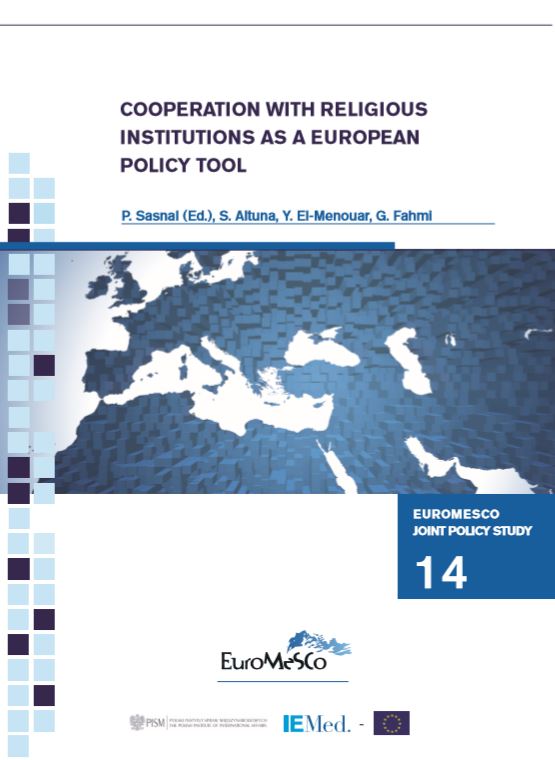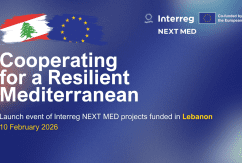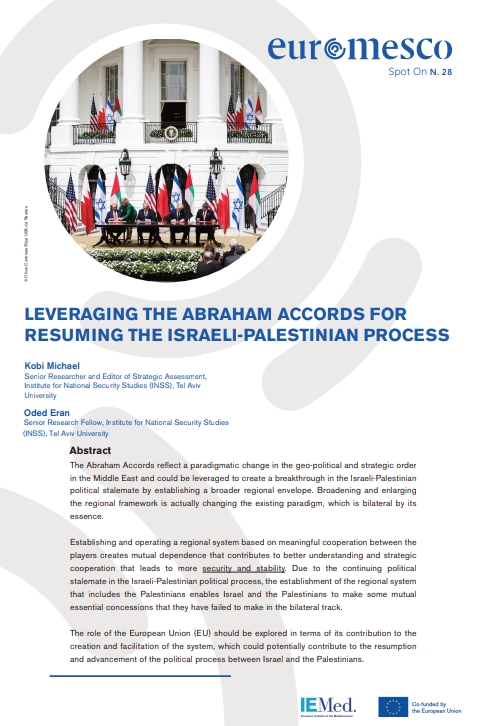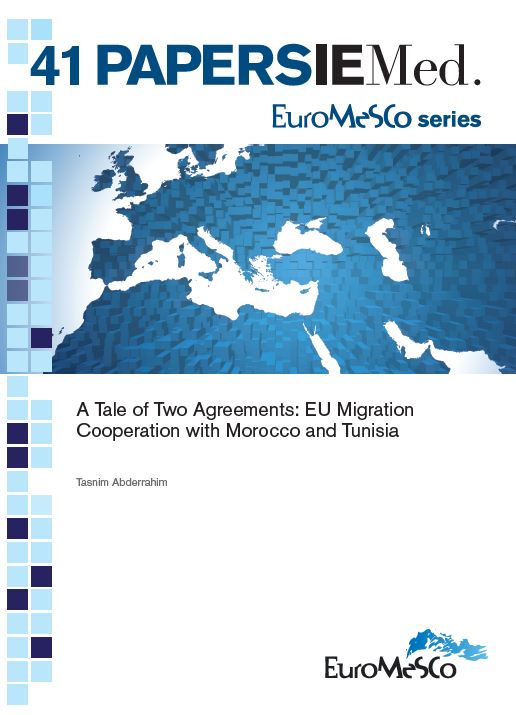Euromesco Joint Policy Study 14 – Cooperation with Religious Institutions as a European Policy Tool

In the European neighbourhood, major social and political phenomena have acquired an increasingly religious angle: radicalisation – in the words of Olivier Roy – is becoming Islamised, intra and interstate conflicts have a sectarian character, and governments either want to increase their control over religion or the breakdown of local governance is making religious actors more legitimate representatives than the central government.
Within EU member states, religion is resurfacing alongside two simultaneous trends: on the one hand, individualised, atomised urban life that requires more spirituality and a reference point to the realities of modernity and diversity; and, on the other, social polarisation around perceptions of secularisation and religions, particularly Islam.
The Joint Policy Study takes an institutionalist view of state-religion relations, although religious institutions are defined in a broad sense and encompass both official and unofficial religion. This leaves the field outside of the institutionalised religion-state relations either relatively small or down to individual expressions of religiosity. Institutionalism, so understood, is a view that policy is carried out through and with institutions. This can vary in different aspects: dependence (state-dependent, state-controlled, independent of states), size, homogeneity, thematic focus, accountability, credibility, and so on.
The chapters in the study aim to provide both more generalised overviews and case studies to cover all levels of state-religion relations in Europe and MENA: (1) relations between state and religious institutions in Europe ; (2) relations between state and religious institutions in the Maghreb; (3) relations between institutions of different religions (the Vatican and al-Azhar); and (4) the role of Muslim religious institutions in advancing a state policy in an EU member state.
Latest Publications
































 Syria
Syria 



